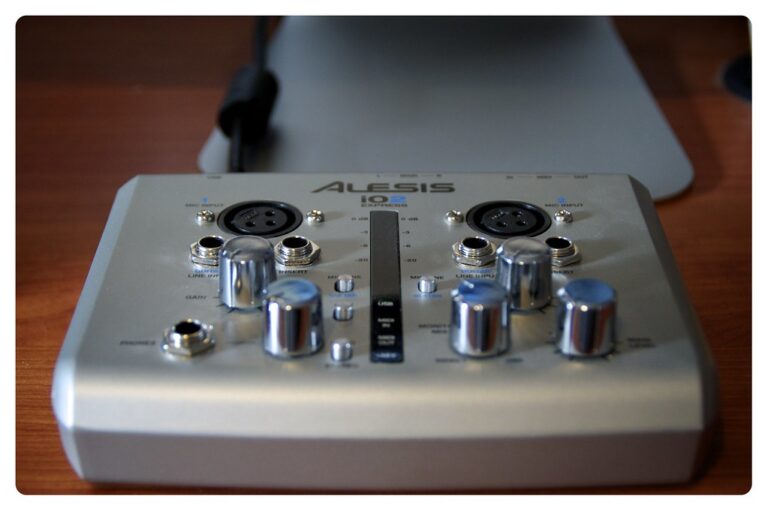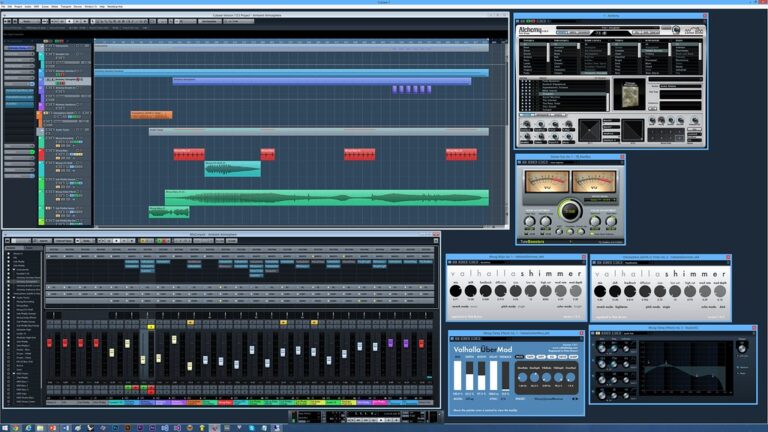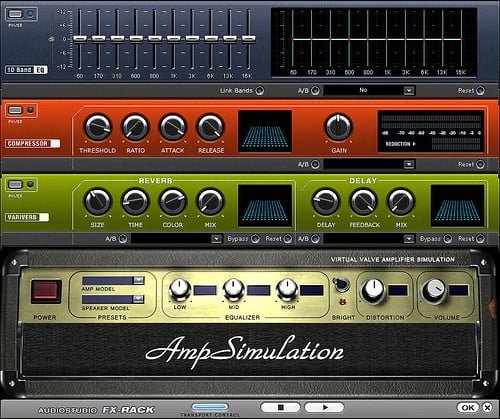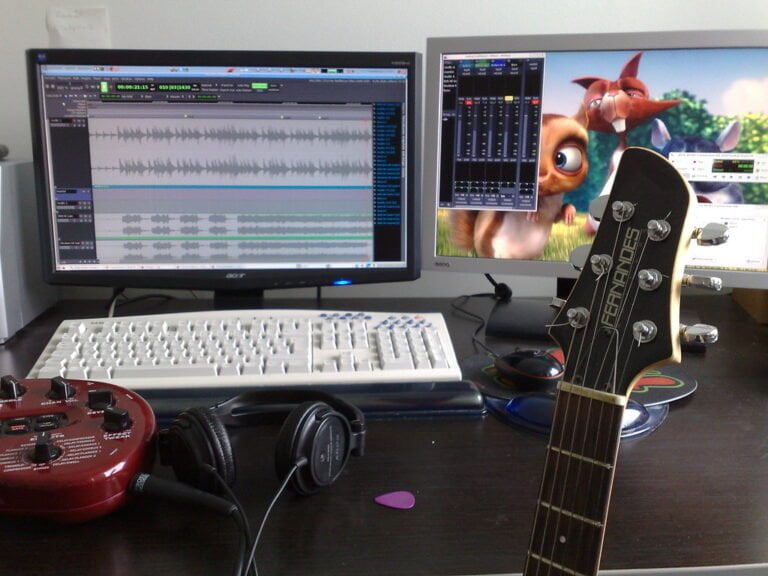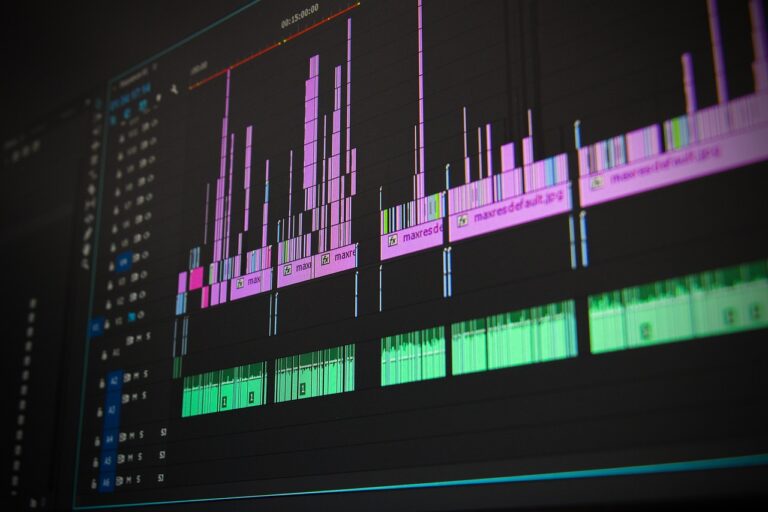DAW for Live Performance: Choosing the Right Software for On-Stage Use
When it comes to selecting a DAW for live performances, verify compatibility with your operating system and meet the required system specifications for smooth operation. Consider the recording and editing capabilities offering high-quality recordings and precise editing tools. Look into virtual instruments and MIDI integration to enrich your performances with diverse sounds and efficient control. Evaluate mixing and mastering tools for industry-standard quality and unique features in achieving polished sound. Lastly, tailor your choice to meet specific live performance needs for flexibility and seamless integration of audio elements, promising a refined on-stage experience.
We are supported by our audience. When you purchase through links on our site, we may earn an affiliate commission, at no extra cost for you. Learn more.
Compatibility and System Requirements
When choosing a DAW software for live performance, ensuring compatibility with your operating system and meeting the specified system requirements is essential. Understanding the specific system requirements can help ensure a seamless performance on stage. In the domain of DAW software, Logic Pro stands out as a top choice for macOS users. It is exclusively designed for macOS and requires a minimum operating system of macOS 10.13 or later along with at least 4 GB of RAM to function efficiently.
On the other hand, FL Studio caters to Windows users, providing a rich set of features for music production. For Windows compatibility, FL Studio is optimized for Windows 7 or later versions. It recommends a minimum of 4 GB of RAM and an Intel Pentium processor to run smoothly.
System requirements are an essential factor in the performance of your chosen DAW software. Ensuring that your hardware meets the minimum requirements specified by the software is vital to avoid any compatibility issues. By following the recommended system requirements of Logic Pro for macOS or FL Studio for Windows, you can ensure a stable and efficient performance during your live sets. Compatibility and system requirements are the foundation for a successful live performance setup.
Recording and Editing Capabilities
Among the array of digital audio workstation (DAW) software available, each offering unique strengths and features, Pro Tools stands out for its extensive capabilities in delivering high-quality recordings and precise editing functionalities, making it a favored choice in live performance setups. Pro Tools excels in both recording and editing capabilities, allowing for the seamless capture of live performances with exceptional audio quality. Its robust editing tools enable precise adjustments to be made on the fly, important for ensuring a flawless performance.
Ableton Live, known for its prowess in live performances and loop-based music creation, provides flexibility with samples, loops, and triggered drum samples on stage. Cubase, on the other hand, is revered for its detailed recording and editing tools, offering musicians precise control over various music production elements during live performances. Presonus Studio One caters to live setups with a smaller user base, yet it boasts powerful features for recording and editing audio seamlessly.
FL Studio shines in the domain of virtual instruments and plugin support for live performance setups, enhancing the music creation process on stage. Its intuitive interface and vast library of plugins make it a compelling choice for musicians seeking to create dynamic performances. These DAW software options each offer unique strengths in recording and editing capabilities, catering to diverse needs in the live performance environment.
Virtual Instruments and MIDI Integration
Ableton Live and Logic Pro showcase essential virtual instrument libraries and seamless MIDI integration, enhancing the live performance experience with diverse sound options and efficient control capabilities. Ableton Live offers a variety of virtual instruments suitable for different genres, enriching live performances with its extensive library. Logic Pro stands out with its vast array of preset sounds, ideal for on-stage use, and its seamless MIDI integration further streamlines the live performance process. FL Studio excels in virtual instrument capabilities, providing a wide range of plugins to enhance live performances. These DAWs, including Ableton Live and Logic Pro, play an important role in creating dynamic and engaging live shows through their virtual instruments. The MIDI integration in FL Studio guarantees a smooth and efficient control interface for manipulating virtual instruments during live performances. The integration of virtual instruments and MIDI functionalities in these software programs greatly contributes to the overall success of live performances, allowing for flexibility, creativity, and precision in on-stage musical presentations.
Mixing and Mastering Tools
In the domain of digital audio workstations, Pro Tools is distinguished for its industry-standard mixing and mastering tools, providing unparalleled precision and delivering professional-grade results. When it comes to the essential tasks of mixing and mastering, having the right tools can make a significant difference in achieving a polished and professional sound. Here are some key points to ponder:
- Ableton Live: Electronic music producers often favor Ableton Live for its innovative features in mixing and mastering. This software enhances live performances with unique audio manipulation capabilities, allowing for dynamic and creative sound control on stage.
- Logic Pro: Known for its exceptional value in mastering tasks, Logic Pro offers a thorough set of tools and plugins to help users achieve polished and professional sound quality. Its variety of features caters to the needs of both beginners and seasoned professionals in the industry.
- Cubase: With a wide range of mixing and mastering tools, Cubase stands out for catering to diverse music genres and providing advanced control over audio processing. This DAW ensures precise control over every aspect of audio manipulation, resulting in high-quality output ideal for live performances.
Consideration of Live Performance Needs
Considering the specific requirements for live performances, the selection of a digital audio workstation (DAW) must align with the need for flexibility, advanced functionality, and seamless integration of various audio elements. Live performance DAWs such as Ableton Live excel in providing this flexibility by offering features like triggered drum samples, loops, click tracks, and real-time sample manipulation capabilities. For interacting with samples and triggering content on stage, options like Reaper and Reason prove to be valuable choices. Reaper stands out for its lightweight design coupled with advanced routing capabilities, making it ideal for pausing or stopping at specific points during a live performance. On the other hand, Reason is well-suited for live interaction with samples, ensuring a smooth and dynamic experience on stage.
In the domain of live performance software, MainStage, Bitwig Studio, and FL Studio are remarkable contenders. MainStage is specifically tailored for live performances, offering seamless integration with hardware controllers and a user-friendly interface. Bitwig Studio distinguishes itself with its innovative modulation system, facilitating creative control over various elements during a performance. FL Studio, known for its versatility, also caters to live performance needs with its intuitive workflow and vast array of plugins and features. When selecting a DAW for live use, it is important to take into account the specific requirements of the stage setting and the desired level of interactivity with audio elements.


